THE AMERICAN CONSTITUTIONIST
News and Information from the Constitution Party
PODCASTS
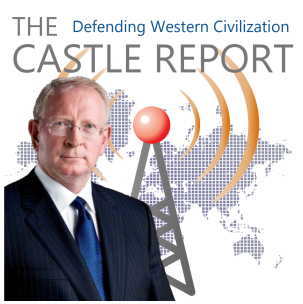
DARRELL CASTLE
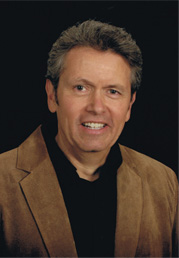
SCOTT BRADLEY
Join Scott’s Webinar
Thursdays at 7:00PM MT
Sign up at:
freedomsrisingsun.com
Freedom’s Call
CP WEEKLY DIGEST
- Making Self-Governance Great Again
 It only takes one person to make the difference in your area. But the more people who gather together and get organized to bring change the easier and more effective it is. If no one else is standing against abusive government in your area, be the first.
It only takes one person to make the difference in your area. But the more people who gather together and get organized to bring change the easier and more effective it is. If no one else is standing against abusive government in your area, be the first. - February State Party Events
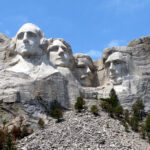 NEVADA: County and State Conventions NEW HAMPSHIRE: State Convention
NEVADA: County and State Conventions NEW HAMPSHIRE: State Convention - January State Party Events
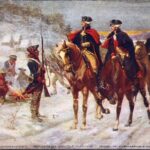 NEVADA: County Conventions
NEVADA: County Conventions - Farewell, 2025, It’s been an interesting year . . .
 As 2025 comes to a close and we look forward to 2026, we consider the many things we want to do.
As 2025 comes to a close and we look forward to 2026, we consider the many things we want to do. - 23 December 1783: From George Washington to United States Congress
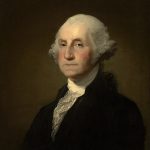 “Having now finished the work assigned me, I retire from the great theatre of Action—and bidding an Affectionate farewell to this August body under whose orders I have so long acted, I here offer my Commission, and take my leave of all the employments of public life.”
“Having now finished the work assigned me, I retire from the great theatre of Action—and bidding an Affectionate farewell to this August body under whose orders I have so long acted, I here offer my Commission, and take my leave of all the employments of public life.” - Where is your Political Focus?
 Your political focus determines the direction of the country. Get involved today!
Your political focus determines the direction of the country. Get involved today! - 3 October 1789: Thanksgiving Proclamation
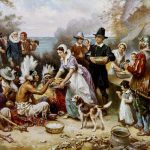 New York, 3 October 1789 – President of the United States of America, George Washington “Whereas it is the duty of all Nations to acknowledge the providence of Almighty God, to obey his will, to be grateful for his benefits, and humbly to implore… Read more: 3 October 1789: Thanksgiving Proclamation
New York, 3 October 1789 – President of the United States of America, George Washington “Whereas it is the duty of all Nations to acknowledge the providence of Almighty God, to obey his will, to be grateful for his benefits, and humbly to implore… Read more: 3 October 1789: Thanksgiving Proclamation - Giving Tuesday is right around the corner.
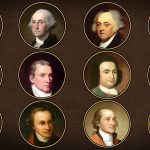 Americans continue to assert the need for another major party to give a better option than the Democratic and Republican Party. A recent Gallup poll has shown that nearly two-thirds of Americans believe a third Major U.S. party is “needed” with less than one-third of Americans believing the Democratic and Republican parties do an adequate job!
Americans continue to assert the need for another major party to give a better option than the Democratic and Republican Party. A recent Gallup poll has shown that nearly two-thirds of Americans believe a third Major U.S. party is “needed” with less than one-third of Americans believing the Democratic and Republican parties do an adequate job! - Constitution Party tells Conservatives 2026 is the tipping pointTime to Unify under the Banner of the Constitution Americans who love their county, love liberty, and love their Constitution must start to make the hard choice to walk away from the two-party factionism that is destroying them. Marjorie Taylor Greene, Republican representative from… Read more: Constitution Party tells Conservatives 2026 is the tipping point
MORE
ELECTIONS
- Presidential Elections
- State Elections
- Current Candidates
- Current Office Holders
- Election History
STATE PARTIES
LEARN
- Courses
- Liberty Documents
- Founder’s Library



